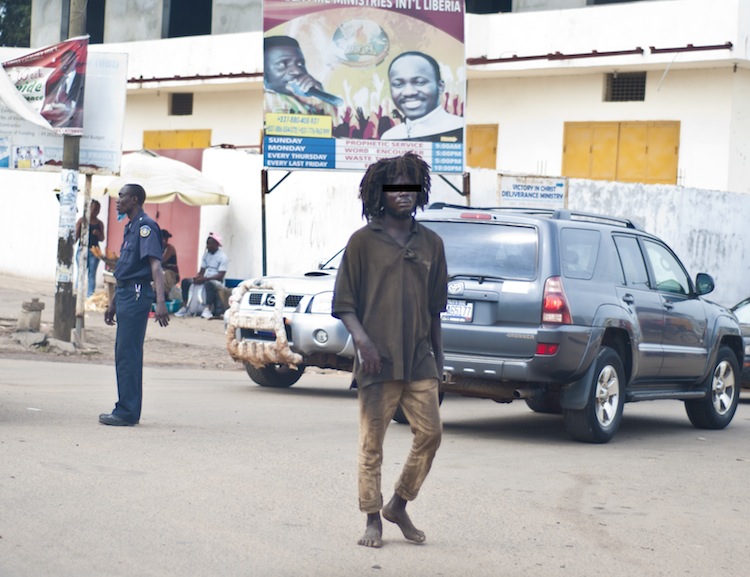Mental illnesses are so common in Liberia that they affect people of all ages, regardless of ethnicity, fraternity, religious affiliation, or status in life.
From childhood to adulthood, this problem cannot be ignored without national government immediate intervention. This nation can no longer look the other way, hoping that this pandemic will go away, especially given the compounding effects of the deadly Ebola crisis.
According to the Carter Center, 40 percent of the 4.5 million Liberians have symptoms of major depression and about 44 percent appear to have post-traumatic stress disorders. It’s also estimated that about 11 percent have contemplated suicide.
Due to the dearth of mental health services in the country, only a handful of persons with mental illness tends to receive treatment.
Looking at the violent history of Liberia over the past years, medical practitioners believe that much of this prevalence of mental illnesses is caused by the traumatic effect from the devastating 14 years of the civil war.
In some cases, the impact of visible and invisible factors can increase the stress levels of people, leading to mental illnesses. This is even widespread due to the lack of professional interventions to provide services to those suspected of mental illness.
The alarming unemployment rate in Liberia – estimated at between 70 percent according to the Liberia Institute for Statistics and Geographical Information Systems – is also likely another contributing factor to mental illness in the Nation.
Unemployment also contributes to the unfortunate trend of young, promising girls prostituting themselves for survival. Many of the unemployed youth also find themselves engaged in unlawful and illegal activities such as drug use. In most cases, these unlawful and illegal activities result to mental problems, which, in some instances, lead some to commit suicide or heinous crimes against others.
Another factor associated with mental illness is birth trauma, especially among young girls who are not mentally and legally prepared and mature for childbirth. Medical practitioners have often opined that the damage to tissues and trauma associated with childbirth, along with long-term cognitive consequences which encompass both mother and the newly delivered child, are major contributing factors to mental illness. These conditions, in addition to poverty, usually affect young mothers, who are unable to cope with its impacts and most often end up using illegal substances as escape routes.
This situation is not limited to urban areas alone. In rural Liberia, mental illness continue to tear families apart. Though there is no established data, reports from rural Liberia to indicate that some men are angrily killing family members, wives and innocent people over trivial issues that could easily be negotiated and settled.
Despite the concerning statistics on mental health in Liberia, many healthcare workers lack a basic understanding of mental illness, due to the lack of specific mental health curriculums and education in most, if not all, institutions in the nation.
The effects and impacts of this pandemic can be temporary or long-lasting, depending on the government’s response to this growing problem. Though there is a tendency in Africa at large – and Liberia is no exception – to ignore and brand mentally ill people as alcoholics and drug-users there is a need for the Liberian government to act and acknowledge the situation with policies to tackle and impact this growing threat.
The government through the Ministry of Education needs to bring the teachings and regulations as part of the primary, secondary, and tertiary education curricula as a long-term strategy to combat this pandemic. This will help the youth understand themselves, and reduce the stigma associated with the issue. It will also help the next generation understand the need to seek help.
It’s also important that we create awareness to the lack of appropriate services for mental illnesses and draw the attention of health authorities to the mental health crisis in the country.
If measures are not taken to aggressively tackle this growing pandemic and reduce or bring this situation to a manageable control, Liberia will face another serious problem which might drive future investors away.
Featured photo courtesy of Lloyd Massah



